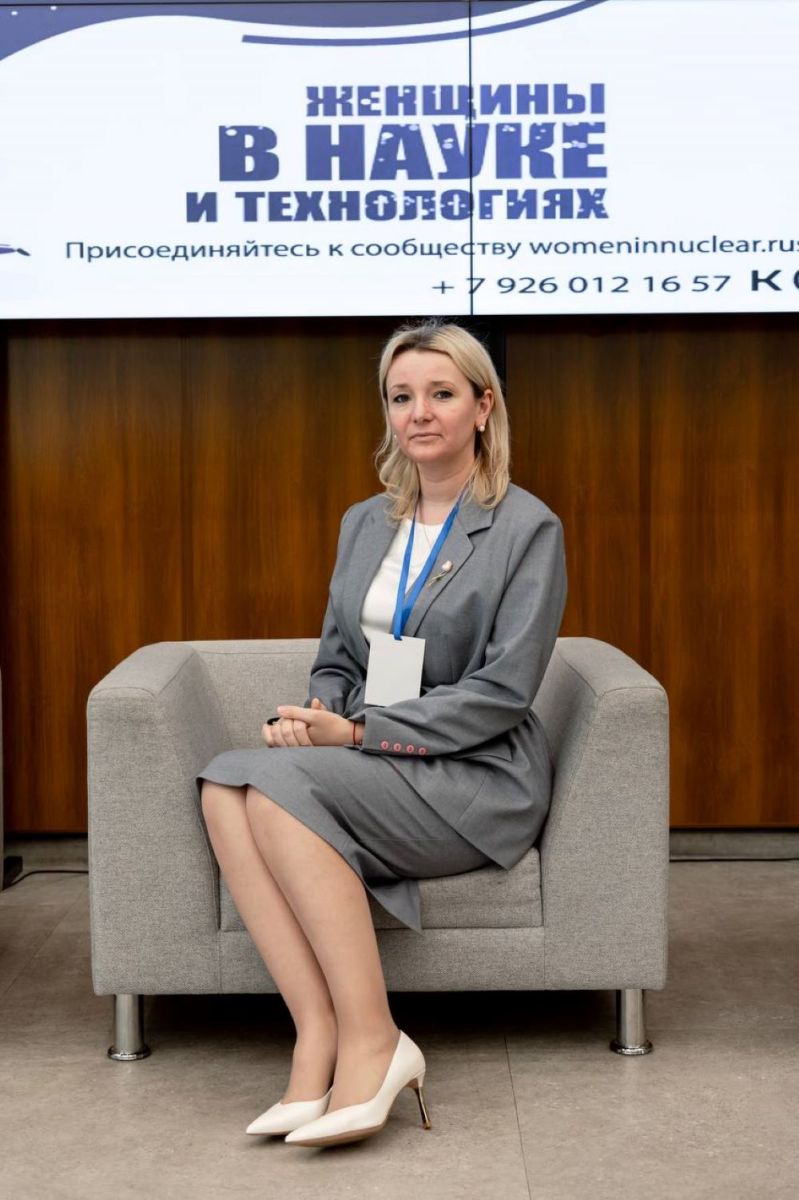RUDN University lecturer won the Kolba Prize for women scientists for her contribution to economic science

How significant is it for you personally to receive the Kolba Award?
“‘Kolba’ confirms the relevance and practical significance of the research on improving the integrative management of priority innovation projects in industries critical for Russia's technological sovereignty. The novelty of the research is in the development of new economic tools to improve the efficiency of innovation project management, the creation of a mechanism for management decision-making and the introduction of an intelligent system based on digital technologies. This improves innovation management in conditions of instability and technological change.”
What challenges do women scientists face in your field and how can they be overcome?
“In economic science, women often face a lack of visibility for their achievements. Often, we combine scientific work with family responsibilities. And in the process, we are faced with the need to prove our competence. These challenges can be overcome in a systematic way: developing programmes to support women in science, increasing their representation in expert and managerial structures, and creating flexible conditions for combining a scientific career and personal life.”
What advice would you give to female students who want to pursue a career in science?
“Believe in your strengths, don't be afraid of challenges and start doing research as early as possible. It is important to find mentors to support you at the start and to constantly expand your knowledge, including digital skills. And, of course, you need to be prepared for the fact that the path in science requires perseverance, patience and a genuine interest in what you are doing.”
What areas in economics and customs do you consider the most promising for young researchers?
“Anything related to the digitalisation of the economy, the development of high-tech industries, intelligent project management systems and mechanisms to ensure technological sovereignty. In the field of customs, the development of digital platforms for optimising customs procedures and analysis of global logistics chains using big data and artificial intelligence methods.”
The project to develop a cellular model of the placenta became the winner in the Scientific Materials category of the Young Scientists 3.0 competition, organized with the support of the Presidential Grants Foundation and T-Bank.
Ten scientific journals published by RUDN University have been included in the highest level of the state list of scientific publications, the White List.
Forests are not only the lungs of the planet, but also home to millions of species. However, it has remained unclear how underground interactions between trees and fungi affect forest species richness in different climatic conditions. Previous studies have yielded conflicting results: in some regions, the dominance of certain fungi reduced tree diversity, while in others it increased it.
The project to develop a cellular model of the placenta became the winner in the Scientific Materials category of the Young Scientists 3.0 competition, organized with the support of the Presidential Grants Foundation and T-Bank.
Ten scientific journals published by RUDN University have been included in the highest level of the state list of scientific publications, the White List.
Forests are not only the lungs of the planet, but also home to millions of species. However, it has remained unclear how underground interactions between trees and fungi affect forest species richness in different climatic conditions. Previous studies have yielded conflicting results: in some regions, the dominance of certain fungi reduced tree diversity, while in others it increased it.